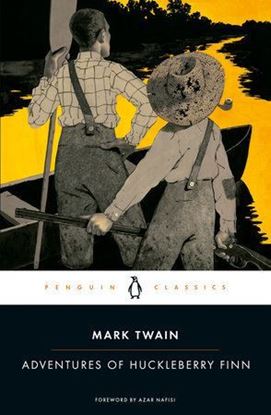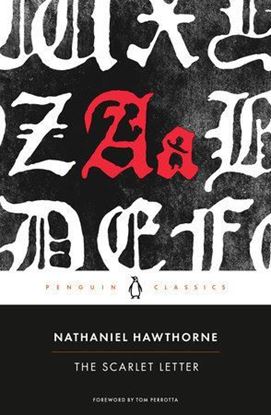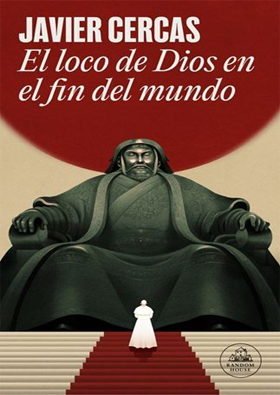

THE ADVENTURES OF HUCKLEBERRY FINN
In recent years, neither the persistent effort to “clean up” the racial epithets in Mark Twain’s Adventures of Huckleberry Finn nor its consistent use in the classroom have diminished, highlighting the novel’s wide-ranging influence and its continued importance in American society. An incomparable adventure story, it is a vignette of a turbulent, yet hopeful epoch in American history, defining the experience of a nation in voices often satirical, but always authentic.
550
THE SCARLET LETTER
At once retrospective and radically new, The Scarlet Letter portrays seventeenth-century Puritan New England, a time period irreversibly encoded in the American identity. Hawthorne built one of the most incisive and devastating human dramas ever written out of a community and its outcasts: Hester Prynne and Arthur Dimmesdale, one emblazoned with sin and the other distraught with hidden guilt; Pearl, a child born into ostracism; and Roger Chillingworth, driven to vengeance by hatred. Though these characters face a set of specifically troubling circumstances, their words and actions point to moral truths inherent in human affairs, independent of time and place.
550
TU NO MATARAS (LI) (BOL)
Fernando, joven editor hijo de un republicano represaliado, decide huir de una España abatida por la Guerra Civil junto a sus amigos Catalina y Eulogio. Los tres son esclavos de los secretos que los acompañan y que los empujan sin remedio a vivir lejos de los suyos.
Una historia absorbente que nos habla sobre la culpa, la venganza, el peso de la conciencia y los fantasmas que nos persiguen y condicionan nuestras decisiones.
550











